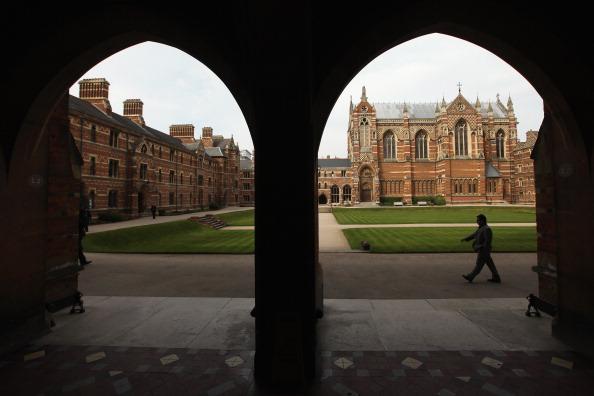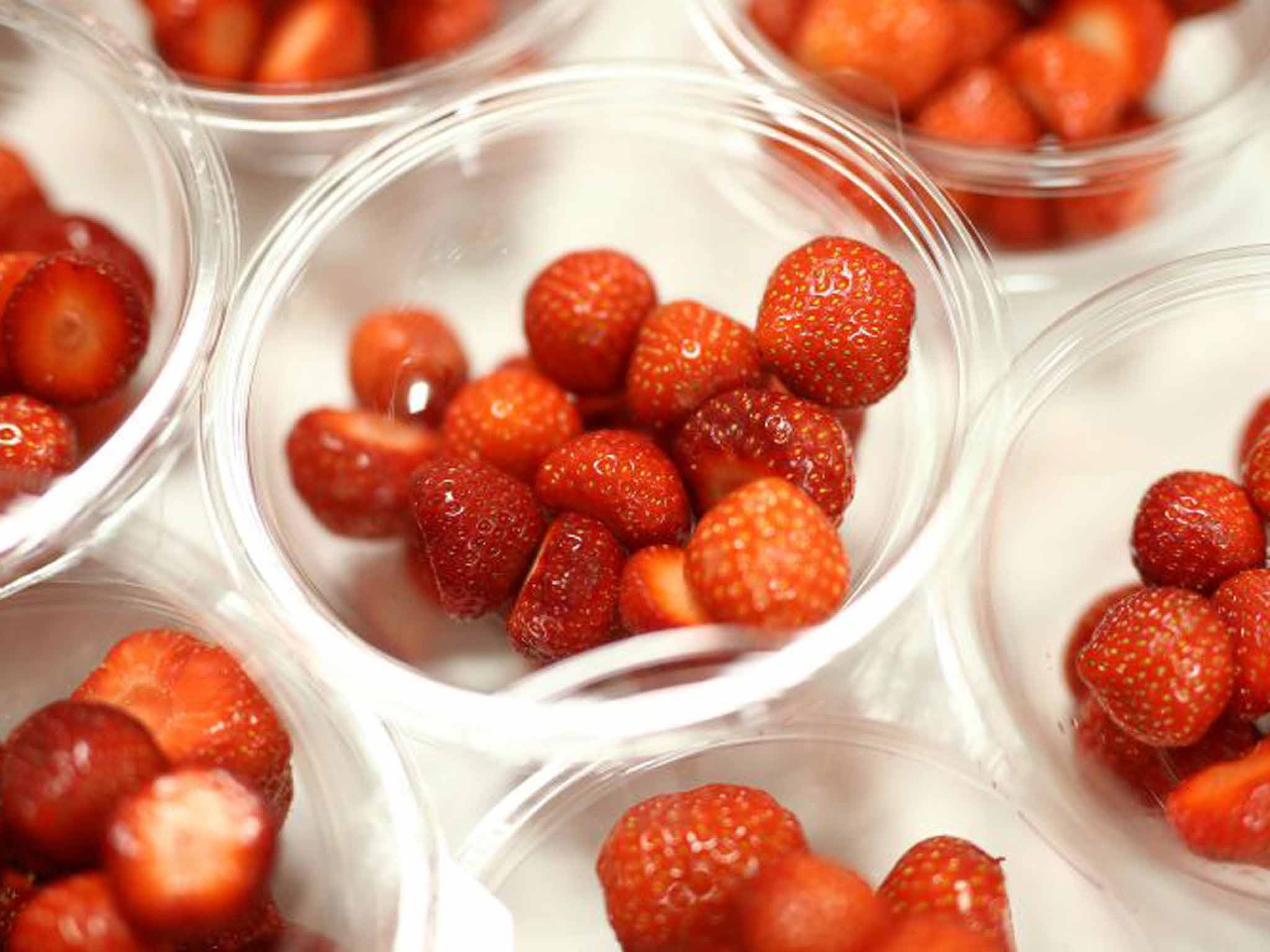9 curious questions Oxford University asks candidates during interviews
Do you know why humans have two eyes? Oxford might be asking you

Your support helps us to tell the story
From reproductive rights to climate change to Big Tech, The Independent is on the ground when the story is developing. Whether it's investigating the financials of Elon Musk's pro-Trump PAC or producing our latest documentary, 'The A Word', which shines a light on the American women fighting for reproductive rights, we know how important it is to parse out the facts from the messaging.
At such a critical moment in US history, we need reporters on the ground. Your donation allows us to keep sending journalists to speak to both sides of the story.
The Independent is trusted by Americans across the entire political spectrum. And unlike many other quality news outlets, we choose not to lock Americans out of our reporting and analysis with paywalls. We believe quality journalism should be available to everyone, paid for by those who can afford it.
Your support makes all the difference.Oxford University is one of the world’s most prestigious universities, with more than 17,000 people applying for undergraduate places each September.
Those students hoping to get into to the institution have just a fortnight to submit their UCAS application - and it should come as no surprise to learn the entry process is designed to really test applicants.
If you do manage to nail your personal statement and get yourself an interview at one of the colleges, these are some of the stranger questions asked of applicants, as revealed by the University.
- What makes a short story different from a novel?
This is a question posed to those wanting to those applying for Modern Languages.
- Imagine we had no records about the past at all, except everything to do with sport – how much of the past could we find out about?
If you want to study History, you’ll have to find a creative way to answer this.
- Why do human beings have two eyes?

Surprisingly not a question for biology students, this is one for the Experimental Psychology course.
- Should poetry be difficult to understand?
This question applies to Modern Languages students.
- Is violence always political? Does 'political' mean something different in different contexts?
History applicants will have to tackle this question
- Ladybirds are red. So are strawberries. Why?

Yes – this is an actual question for Biological Sciences candidates.
- If the punishment for parking on double yellow lines were death, and therefore nobody did it, would that be a just and effective law?
Law students may face this question at their Oxford interview.
- Why do you think an English student might be interested in the fact that Coronation Street has been running for 50 years?
This question is asked to those wanting to study English Literature
- What is 'normal' for humans?

One for the Psychology students.
Join our commenting forum
Join thought-provoking conversations, follow other Independent readers and see their replies
Comments